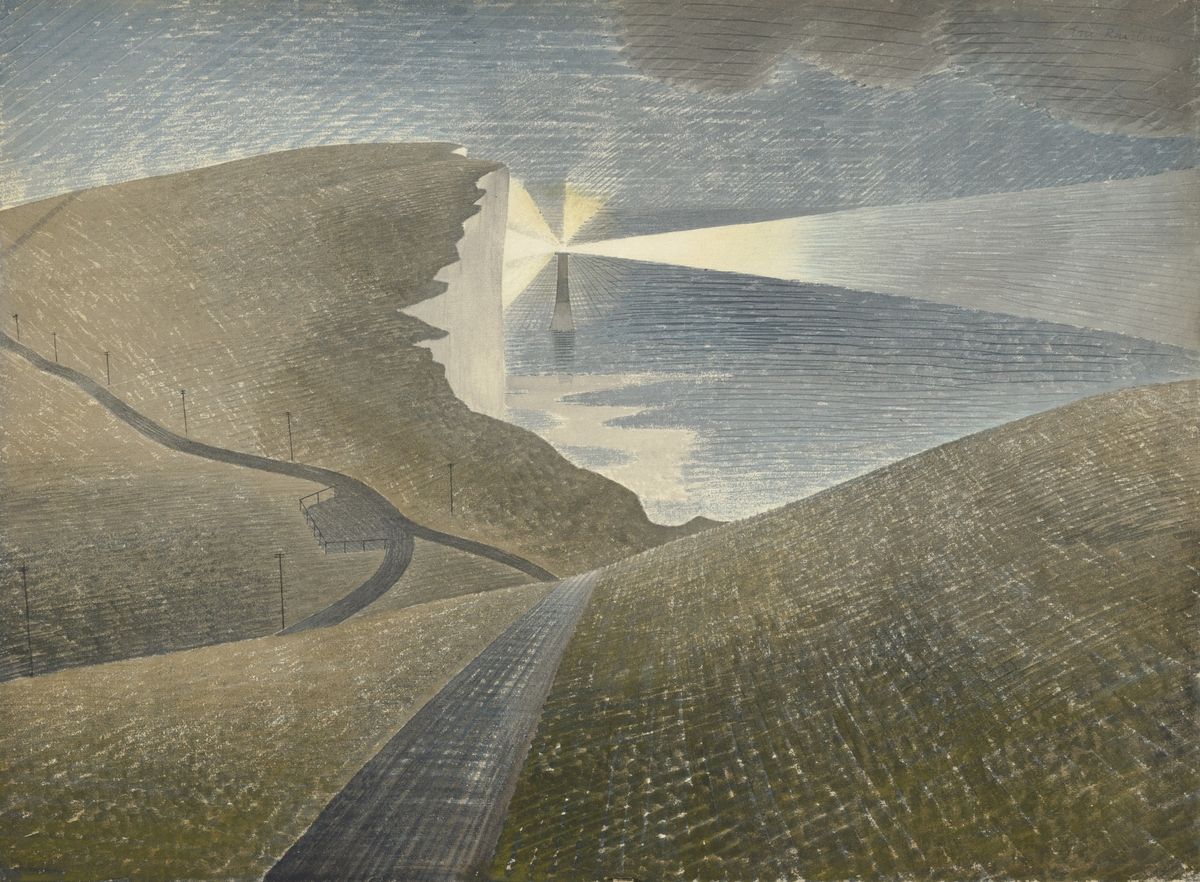
– CALL FOR APPLICATION –
CURE Summer School 2025 — “DYNAMICS OF DESPAIR”
22-26 September 2025 VILLA VIGONI – Italian-German Center for European Dialogue 22017 Menaggio, Lago di Como, Italy
Despair is one of the prevailing collective emotions today. With wars raging, the rise of the far right, human rights violations, democratic achievements under threat, rising temperatures, and mass extinction, our present appears bleak. The grand narrative of progress has lost its mobilising power and, with the climate crisis, has even been inverted: not only is humanity not heading towards a better future, but – if the countless dystopian narratives shaping our imagination are to be believed – the worst is yet to come.
Yet despair does not necessarily imply resignation, passivity, or renunciation. An entire tradition of critical thought, from Walter Benjamin to the Invisible Committee, defends the idea that it is actually hope – and not despair – which prevents us from taking action. Even in contemporary works of fiction depicting apocalyptic scenarios, one can discern a remnant – a “nevertheless” – which Jean-Paul Engélibert aptly terms the “energy of despair.” Similarly, Georges Didi-Huberman, in Survival of the Fireflies, or Rebecca Solnit and Thelma Young-Lutunatabua, in Not Too Late, remind us that even in the direst of circumstances, fragile attempts persist in striving towards a viable future.
The summer school invites participants to explore cultural practices aimed at cancelling what Franco Berardi calls “the slow cancellation of the future”. Together we seek to examine how art, literature, series, and films, as well as critical theory and theology, engage with despair and mobilise this affect to find pathways that avoid depression, denial, resentment, and indifference. What strategies, tools, and forms of expression are emerging today to summon the unexpected from an anguishing present, counter stagnation, and reinvent a desirable collective imagination? How have other historical periods and communities, in different geographical regions, responded to desperate situations, and what can be learned from them? To what extent can unrealised futures serve as a reservoir and resource for politically mobilisable energy?
KEYNOTES
Prof Dr Donatella Di Cesare (Sapienza Università di Roma)
Dr Camille de Toledo (Philosopher and writer; Institute for Advanced Study Nantes)
—
We invite interested doctoral candidates to submit their application, including a CV and a cover letter of no more than two pages, via the application portal. Applications sent by post or email cannot be considered.
The application deadline is 28 March 2025.
Twenty doctoral candidates will receive full funding for travel and accommodation.
The application form and further information can be found on our website: https://cure.uni-saarland.de/en/research/cure-summer-school/
ORGANISING INSTITUTIONS
The CURE Summer School is a joint initiative of the Käte Hamburger Centre for Cultural Practices of Reparation (CURE) and the Leibniz Center for Literary and Cultural Research (ZfL Berlin), held in collaboration with THALIM (UMR, Sorbonne Nouvelle/CNRS), the University of Naples Federico II, the University of Trieste, and the Catholic University of Portugal.
CONTACT FOR QUESTIONS REGARDING THE APPLICATION PROCESS
Julien Jeusette, Research programme director
julien.jeusette@khk.uni-saarland.de.